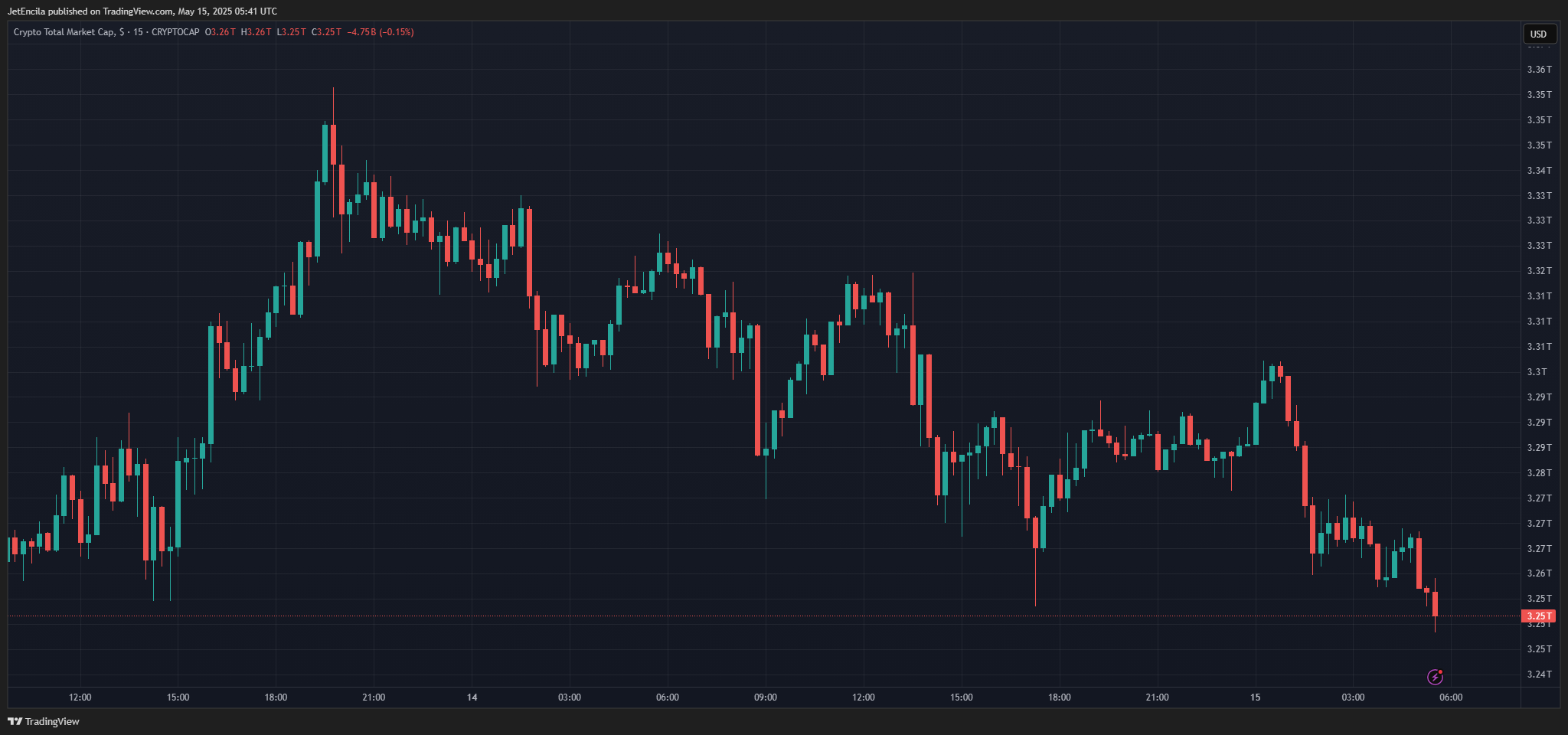Based on reports from Europol, a secret banking network that handled at least €21 million has been shut down. On January 14, 2025, law enforcement teams in Austria, Belgium and Spain arrested 17 people.
Fifteen suspects were taken into custody in Spain, one in Austria and one in Belgium. Those arrested are mainly of Chinese and Syrian origin and are accused of moving money for smugglers and drug traffickers across Europe.
Cross Border Operation Uncovers Banking Ring
According to investigators, this raid grew out of two earlier actions on July 4, 2023 and August 13, 2023 targeting migrant smugglers. Phone data seized in those cases led authorities to the parallel banking network. On a single action day, teams in three countries struck at the same time. By doing so, they cut off a major channel used by criminal groups to hide their cash.
17 providers of criminal banking services arrested and criminal assets worth EUR 4.5 million seized in Europol-supported action day.
Read and see more in our press release
https://t.co/onGEAo1h5b pic.twitter.com/HZvGMyeDqY
— Europol (@Europol) May 14, 2025
Money Laundering Services For Criminal Networks
Based on reports, the network ran at least two main branches. One branch served Arabic‑speaking groups tied to smuggling routes, while the other catered to Chinese‑origin rings linked to drug deals and human trafficking.
The services on offer ranged from informal “hawala” transfers and cash pick‑ups to hiding funds in bank accounts and swapping crypto for euros. The group even promoted its services on social media to reach clients around the world.

Diverse Assets Seized During Raids
Officials say they seized more than €4.5 million in assets during the raids. That haul included €206 000 in banknotes, €421 000 spread across 77 accounts and roughly €183 000 held in cryptocurrency.
Investigators also took ownership of 10 properties valued at over €2.5 million and 18 vehicles worth more than €207 000. In addition, four shotguns with ammunition were found, alongside a collection of luxury watches, jewelry and other high‑end items. Phones and laptops were also taken for further analysis.

Europol Experts Join Local Teams
Europol did more than share intelligence. It funded three Spanish investigators to fly to Belgium and Austria and sent two financial‑crime experts to each of those countries. Another pairing of specialists joined the operation in Spain. By embedding experts on the ground, Europol helped national teams act quickly and share skills in real time.
This operation highlights how modern criminal groups mix old‑fashioned cash moves with new technology. They rely on informal transfer systems and crypto‑wallets, and they spread out across borders so that one raid won’t stop them for good.
Tracking every euro or bitcoin means digging into property deals, online ads and encrypted chats, not just bank records. For now, authorities will press charges against the 17 suspects and work to recover the rest of the network’s money and assets.
Featured image from Kenzo Tribouillard/AFP via Getty Images, chart from TradingView



